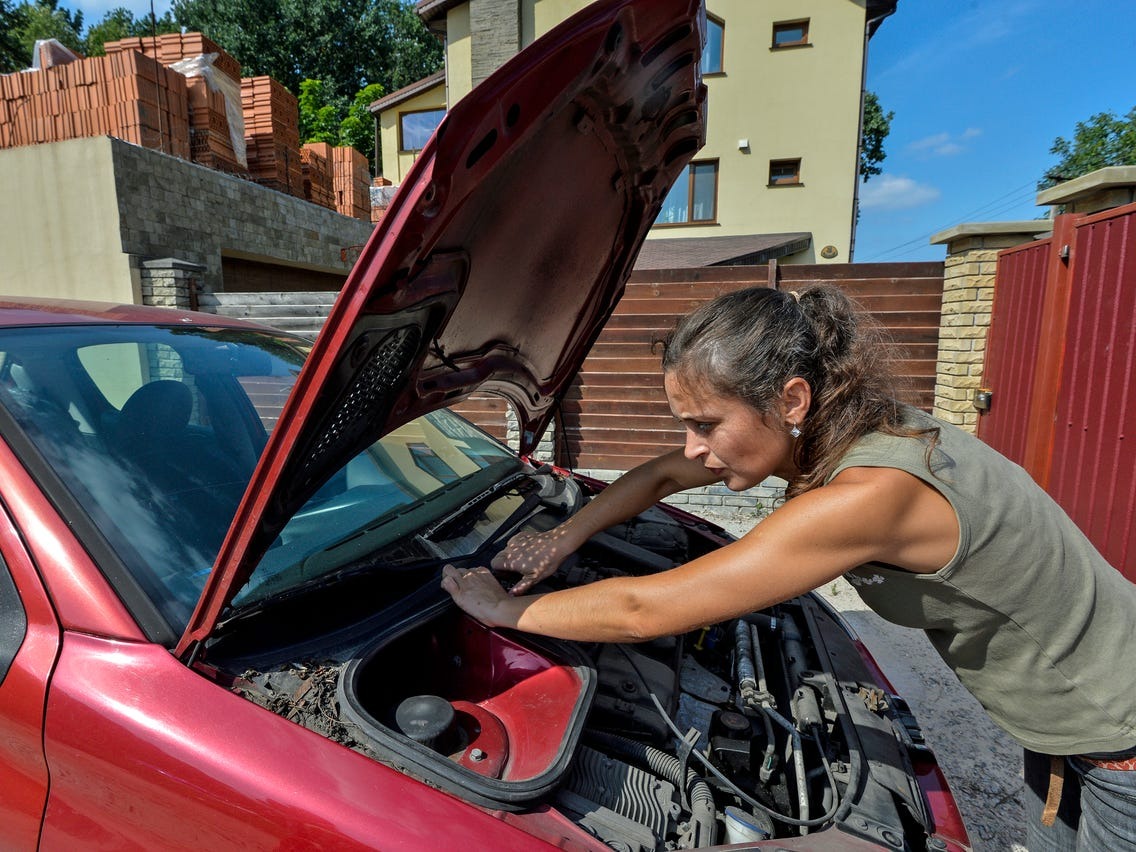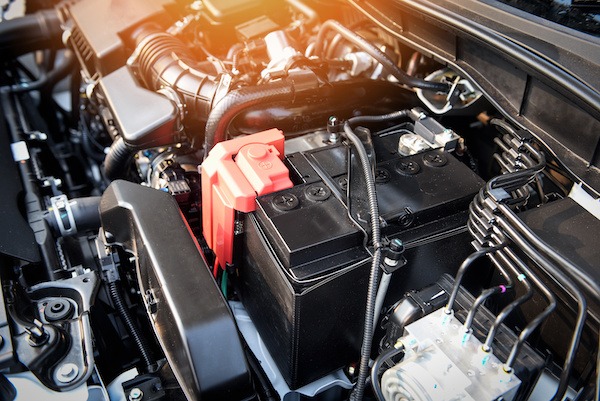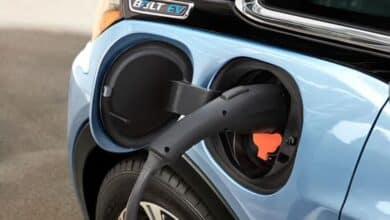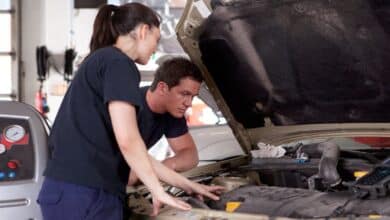Should I Replace the Electronic Components in the Car Myself?

As vehicles continue to evolve with advanced electronic systems, the prospect of dealing with electronic component replacements in cars has become a common consideration for many automobile owners. The decision to undertake such tasks oneself hinges on a combination of factors, including technical proficiency, diagnostic capabilities, and safety awareness. In this discussion, we will explore the considerations that can guide you in determining whether to replace electronic components in your car independently or seek professional assistance. Understanding these aspects is crucial for maintaining the functionality and reliability of your vehicle’s intricate electronic systems. Let’s delve into the nuances of this decision-making process.

Contents
Introduction to Car Electronics Repair
Before diving into the topic, let’s start with a brief introduction to car electronics repair. Car electronics encompass various components such as the battery, alternator, starter motor, ignition system, sensors, and more. These components are responsible for powering the vehicle and ensuring its proper functioning.
Pros of DIY Car Electronics Repair
Cost Savings
One of the main advantages of replacing electronic components in your car yourself is the potential cost savings. Repairing or replacing parts can be expensive when done at a professional auto repair shop. By doing it yourself, you can save on labor costs and only pay for the cost of the components themselves.
Learning Experience
For car enthusiasts or those interested in understanding their vehicle better, DIY car electronics repair provides an excellent opportunity to learn. By getting hands-on experience with your car’s electronic system, you can gain valuable knowledge that may come in handy in the future.
Convenience and Time Flexibility
When you choose to do the repair work yourself, you have the convenience of working on your own schedule. There’s no need to make appointments or wait for a mechanic to become available. Additionally, you can take your time to complete the repair without feeling rushed.
Sense of Accomplishment
Successfully replacing electronic components in your car can give you a sense of accomplishment. Completing a DIY repair project can be rewarding and boost your confidence in working on your vehicle.
See more: A Comprehensive Guide to Checking and Changing Your Car’s Coolant at Home
Cons of DIY Car Electronics Repair
Lack of Expertise and Experience
Car electronics repair requires technical knowledge and expertise. If you’re not familiar with the specific components or systems in your vehicle, it may be challenging to diagnose the issue correctly or install the new components properly. This lack of experience can lead to further damage or even safety hazards.
Potential for Costly Mistakes
While DIY repairs can save money, they also come with risks. One wrong move during the repair process could cause more damage to your car or its electronic systems. If a mistake occurs, it may end up costing more to fix the issue caused by the initial DIY attempt.
Voiding Warranty
If your vehicle is still under warranty, attempting DIY repairs on electronic components could void that warranty. Manufacturers often require repairs to be done by certified technicians to ensure their correct installation and prevent any liability issues.
Time and Effort
Replacing electronic components in a car can be time-consuming, especially for beginners. It may require researching and studying the specific procedures and techniques necessary for your vehicle. Additionally, troubleshooting and diagnosing the issue itself can be a lengthy process.
Tips for Beginners Attempting DIY Car Electronics Repair
If you’re determined to try replacing electronic components in your car yourself, here are some essential tips to help you get started:
- Research and Educate Yourself: Before diving into any repair work, thoroughly research the specific component or system you’ll be working on. Understand its function, common issues, and proper installation techniques.
- Gather the Right Tools: Ensure you have all the necessary tools for the job. Investing in a basic automotive toolkit will go a long way in making your DIY repairs easier and more efficient.
- Take Safety Precautions: Car electronics repair involves working with electricity, so safety should be a top priority. Make sure to disconnect the battery and take precautions to avoid electrocution or short circuits.
- Start with Simple Repairs: If you’re new to car electronics repair, it’s best to start with simpler tasks such as replacing fuses or bulbs. Gain confidence and experience before moving on to more complex repairs.
- Consult Reliable Sources: Use reputable sources such as car manuals, online forums, or instructional videos from trusted sources when seeking guidance. Avoid relying solely on random internet advice.
When to Seek Professional Help
While DIY car electronics repair can be rewarding, certain situations call for professional assistance:
- Lack of Technical Knowledge: If you feel overwhelmed by the complexity of the repair or lack the necessary technical knowledge, it’s best to leave it to a professional who has expertise in car electronics.
- Safety Concerns: If the repair involves safety-critical systems such as airbags or braking systems, it’s crucial to entrust it to a professional. Mishandling these components can have severe consequences.
- Advanced Diagnostic Procedures: Some electronic issues require advanced diagnostic equipment that is typically only available at professional auto repair shops. If you’re unable to diagnose the problem accurately, seeking professional help is advisable.
- Warranty Coverage: If your vehicle is still under warranty, consult the manufacturer’s guidelines before attempting any DIY repairs. It’s best not to risk voiding your warranty by performing unauthorized repairs.
Considering the Replacement of Electronic Components in Your Car
Whether or not you should replace electronic components in your car yourself depends on various factors such as your technical knowledge, experience level, and the complexity of the repair. DIY repairs can save money, provide a learning opportunity, and offer convenience. However, they also carry risks of mistakes, voiding warranties, and safety hazards. Assess your abilities and consider consulting a professional if needed. Remember, safety should always be a top priority when working with car electronics.
See more news at: car care vip





































